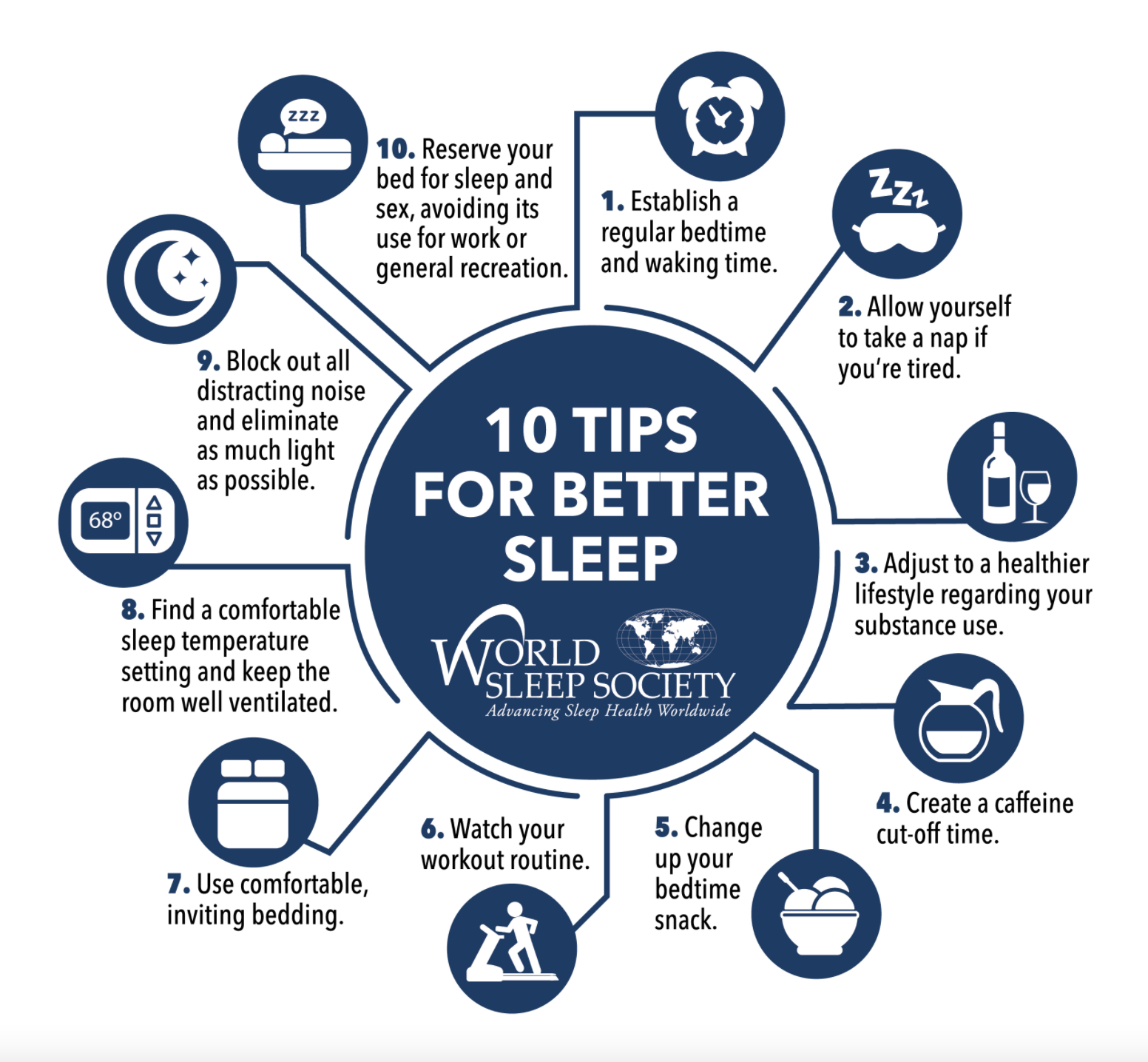Sleep- An Important Vital Sign
Research shows that we spend up to one-third of our lives sleeping. Sleep is a basic human need, much like food and water, and is crucial to our overall health and well-being. A lack of sleep or poor-quality sleep is known to have a significant negative impact on our health in the short-term and long-term, impacting our attention span, memory recall and learning. Sleep is involved with many physiologic systems. Studies suggest that longer term effects of poor sleep or inadequate sleep are associated with significant health problems; such as obesity, diabetes, inflammation, cardiovascular disease, poor mental health, weakened immune systems and even some cancers. Of course, quality sleep is an important component of functional medicine and crucial to ensure good overall health and quality of life.
Quality of sleep verses quantity of Restorative Sleep
Good quality and restorative sleep is essential for day-to-day functioning and alertness. Studies suggest that sleep quality rather than quantity has a greater impact on well-being and daytime functioning.
World Sleep Society tips for healthier sleep:
Establish a regular bedtime and waking time.
If you are in the habit of taking siestas, do not exceed 45 minutes of daytime sleep.
Avoid excessive alcohol ingestion 4 hours before bedtime, and do not smoke.
Avoid caffeine 6 hours before bedtime. This includes coffee, tea and many sodas, as well as chocolate.
Avoid heavy, spicy, or sugary foods 4 hours before bedtime. A light snack before bed is acceptable.
Exercise regularly, but not right before bed.
Use comfortable, inviting bedding.
Find a comfortable sleep temperature setting and keep the room well ventilated.
Block out all distracting noise and eliminate as much light as possible.
Reserve your bed for sleep and sex, avoiding its use for work or general recreation.
Sleep disorders: A Modern global epidemic
Approximately 35% of people do not feel they get enough sleep, impacting both their physical and mental health. Most sleep disorders are preventable or treatable, yet less than one-third of sufferers seek professional help. Better understanding of sleep conditions and more research into the area will help reduce the burden of sleep disorders on society.
Three elements of good quality sleep are:
Duration: The length of sleep should be sufficient for the person to be rested and alert the following day.
Continuity: Sleep periods should be seamless without fragmentation.
Depth: Sleep should be deep enough to be restorative.
Types of sleep disorders:
Insomnia
Insomnia is a sleep disorder in which you have trouble falling and/or staying asleep. The condition can be short-term (acute) or can last a long time (chronic). It may also come and go. Insomnia affects between 30-45% of the adult population. Lack of sleep or poor quality sleep also leaves us more vulnerable to accidents. People who suffer insomnia are seven times more likely to become involved in an accident causing death or serious injury than good sleepers. Studies have shown that people with insomnia suffer from more symptoms of anxiety and depression than people without insomnia.
Sleep Breathing Problems
Breathing regularly during sleep is critical to maintain well-being and health. Persistent interruption of the breathing function during sleep is called sleep apnea. People who have obstructive sleep apnea stop breathing repeatedly during sleep because of a blockage of the upper airway. The collapse of the airway may be due to factors such as a large tongue, extra tissue or decreased muscle tone holding the airway open. Each breathing pause can last from 10 seconds to more than a minute and is accompanied by a drop in oxygen associated with each event. The events may occur 5 to 50 times or more each hour. This puts a strain on the heart and can lead to a number of serious health conditions.
This is a common disorder that affects an estimated 22% of adult men and 17% of adult women. Sleep apnea causes daytime sleepiness and fatigue, and may lead to conditions such as hypertension, ischemic heart disease, stroke, and diabetes. Directly or indirectly, disrupted sleep can have a negative effect on family life and relationships by affecting a person’s mood and the way in which they are able to perform daily activities and interact socially.
Sleep apnea is diagnosed with polysomnography (sleep study) that can be completed at home or in a sleep laboratory. There is proof that successful correction of sleep apnea can lower blood pressure, reduce the risk of heart attacks and stroke and improve excessive daytime sleepiness. Treatment options include non-invasive positive airway ventilation (continuous positive airway pressure, or CPAP), oral devices for mild disease or surgery to remove excessive tissues in the upper airway for more severe disease.
Movement disorders
Restless Legs Syndrome is a common disorder and occurs between 3-10% of the population. Restless legs syndrome (RLS) is a condition that causes an uncontrollable urge to move your legs, usually because of an uncomfortable sensation. It typically happens in the evening or nighttime hours when you're sitting or lying down. Moving eases the unpleasant feeling temporarily.
Functional medicine can help
Improving sleep quality requires a holistic approach to healing that is well-suited to functional medicine. The root cause of sleep disorders can be behavioral, environmental, emotional distress, unhealthy beliefs about sleep, substance use (medicines, caffeine, nicotine, and/or alcohol) or health conditions (obstructive sleep apnea, heart disease, asthma, lung disease, heart burn, hypothyroidism, diabetes, menopause, etc.). If you have concerns about your sleep or would like to improve it, schedule an appointment with Relish Health today.
THE 10 COMMANDMENTS OF SLEEP HYGIENE
LOSING SLEEP? FOUR CAUSES AND SOLUTIONS FOR INSOMNIA
IMPROVE YOUR SLEEP, IMPROVE YOUR HEALTH
RAW CHOCOLATE CHERRY PISTACHIO TRUFFLES
References:
World Sleep Society; World Sleep Day Toolkit. Access 3/14/2021. https://worldsleepday.org/toolkit
U.S. Dept. of Health & Human Services, NIH, 2009
Franklin KA, Lindberg E. Obstructive sleep apnea is a common disorder in the population-a review on the epidemiology of sleep apnea. J Thorac Dis. 2015;7(8):1311-1322. doi:10.3978/j.issn.2072-1439.2015.06.11

